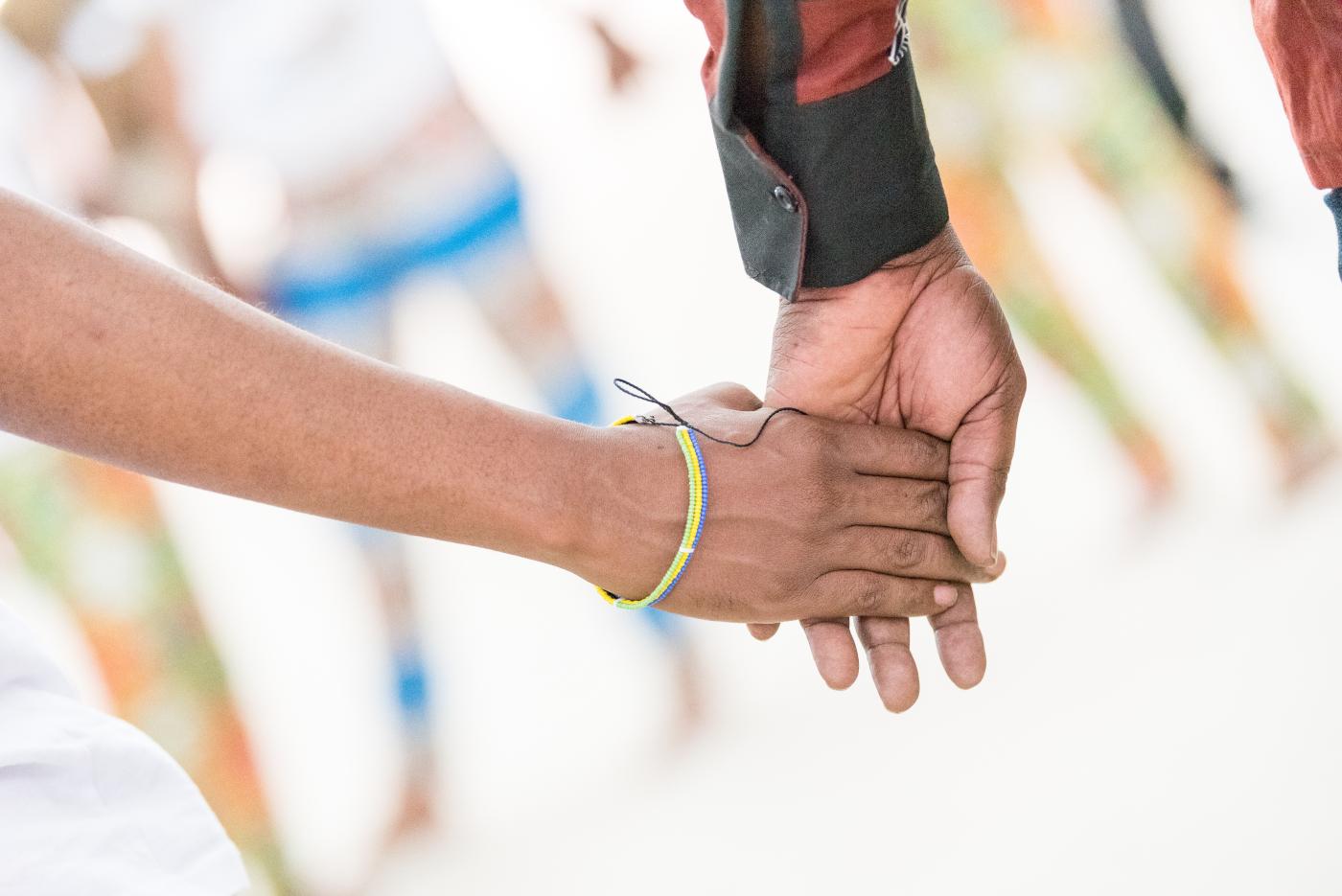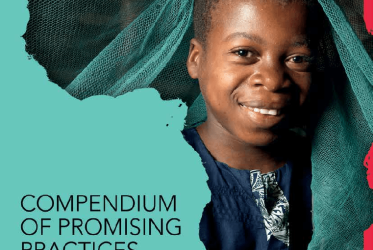The conversation, which drew 400 people, was the third in a series hosted by the World Council of Churches - Ecumenical HIV and AIDS Initiatives and Advocacy WCC-EHAIA programme.
The young people who participated talked about their vulnerability to suffering from or perpetuating sexual and gender-based violence, and to the transmission of HIV and AIDS, among other public health threats.
Together with mentors, young people talked about how their families, churches and communities have prepared them for dating, courtship and marriage and the impact of this influence. Gender and power relations were an important facet of discussions.
Edna Mtambalike, a young lawyer who leads the WCC-EHAIA programme “game changers” movement in Tanzania, said: “Our families, churches and society teach us that men are the breadwinners; we ladies therefore, expect to date men who will provide for us and meet our needs.”
Alfred Mbai, a young person who offered the opening devotion, expressed that he and his peers were present online to learn from each other and from their mentors.
“We want to learn how to come out of painful realities and my prayer this afternoon is that God may help us to hear and to learn about issues that affect us young people when it comes to love,” he said.
Brian Muyunga, a theological student who also works as a volunteer with the WCC-EHAIA programme, explained why the “Love Matters” webinars are being held. “Love Matters webinars came as a request from we—the young people—to the churches to respond to the challenge of sexual and gender-based violence as well as other issues we are facing,” he said.
The discussion raised issues related to sexual and gender-based violence, prevailing masculinities and femininities, and gender stereotypes, which influence the relations between men and women and which also inform the dating and courtship process. These ideas will form the basis of the next intergenerational “Love Matters” conversation scheduled for September 2021.
Mentors included Rev. Damon Mkandawire, an ordained minister in the United Church of Zambia, who has been married for two years; Pauline Wawira, a Kenyan counselor who has been married for 14 years; and Rev. Juvenale Rwammunyana, a pastor in a Presbyterian Church in Rwanda who also teaches theology, and has a wife and four children.
Speakers also included Bishop Yona Katonene a member of the WCC central committee from Uganda, Rev Canon Gideon Byamugisha from Uganda, Prof. Esther Mombo, professor at St Paul’s University, Limuru, Kenya and WCC staff Rev. Nicole Ashwood, Prof. Masiiwa Gunda and Rev. Pauline Wanjiru Njiru, among others.







